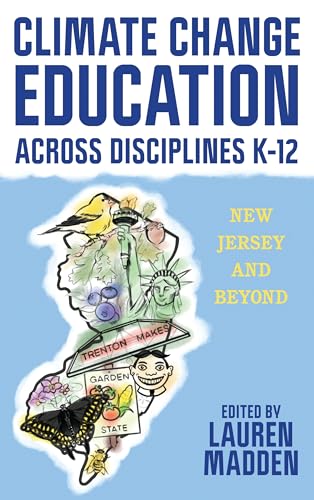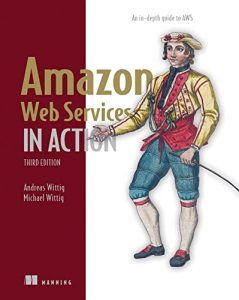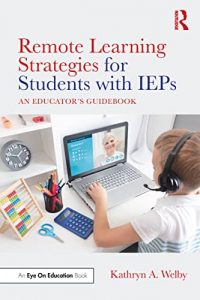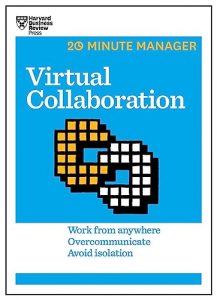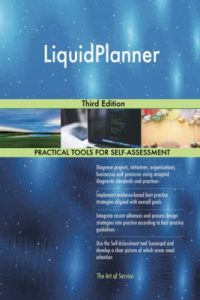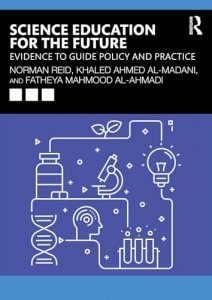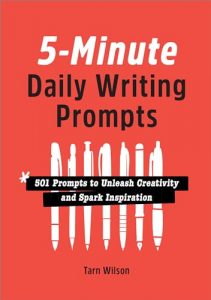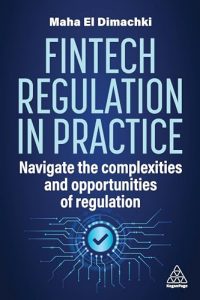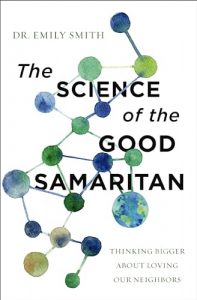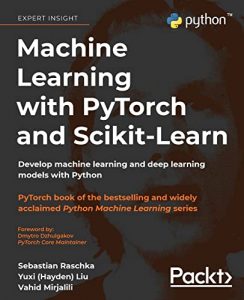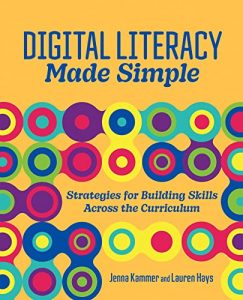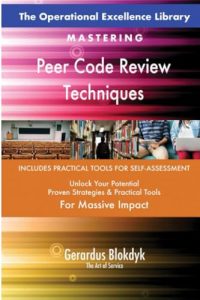Understanding Climate Change Education
As the challenges posed by climate change become increasingly daunting, educating future generations on its implications and solutions has never been more critical. Climate change education empowers students and communities to engage with complex environmental issues, fostering resilience and proactive attitudes necessary for tackling this global crisis. Books on this subject provide valuable insights, innovative teaching approaches, and vital knowledge that not only inform but inspire change.
In this curated list, we present a selection of impactful books focused on climate change education. Each title offers unique perspectives and strategies that educators can incorporate into their curriculums. These books serve as essential resources for anyone looking to deepen their understanding and teaching of climate change, ensuring that the next generation is well-equipped to confront this pressing challenge.
Featured Books
Climate Change Education Across Disciplines K–12: New Jersey and Beyond
Delve into a multifaceted approach to climate change education with “Climate Change Education Across Disciplines K–12“. This book serves as a comprehensive guide for teachers, providing practical strategies for integrating climate change across various subjects in the K–12 curriculum. With insights from New Jersey’s educational landscape, it highlights diverse methodologies and encourages interdisciplinary collaboration, making it ideal for educators committed to fostering a well-rounded climate consciousness in their students. This book is a must-have for anyone involved in education and aims to cultivate a thoughtful and educated youth towards climate stewardship.
Climate Change Education: An Earth Institute Sustainability Primer
Produced by the prestigious Columbia University Press, “Climate Change Education: An Earth Institute Sustainability Primer” acts as a foundational text for educators looking to understand the intricacies of climate change. It offers concise, actionable insights into sustainability principles and how these can be effectively taught within educational frameworks. The blend of rigorous research and practical examples helps educators instill a sense of responsibility and urgency regarding climate action in their students, making this primer a valuable asset in any educational library.
Teaching Climate Change: Fostering Understanding, Resilience, and a Commitment to Justice
“Teaching Climate Change” navigates the pressing need to present climate issues with sensitivity and urgency. This engaging book encourages educators to foster resilience and a commitment to justice within their students. By providing strategies to communicate complex issues effectively, it emphasizes the importance of cultivating empathy and proactivity in young minds. It is an essential read for educators striving to create a deeper understanding of climate justice and its implications in today’s world.
Existential Toolkit for Climate Justice Educators: How to Teach in a Burning World
In a world rapidly changing around us, the “Existential Toolkit for Climate Justice Educators” provides essential resources for educators to effectively teach about climate change. This book equips teachers with innovative tools to navigate conversations surrounding climate change, offering perspectives that provoke thought and action. It’s an essential read for those wanting to deeply engage with students on pressing existential issues.
Miseducation: How Climate Change Is Taught in America
Miseducation addresses the critical failures in how climate change is currently taught across America. This enlightening book critiques existing educational practices and advocates for a more effective teaching framework. It challenges educators to rethink their approach to delivering climate education and provides insights into possible reforms. This book is a must-read for anyone involved in educational policy or teaching climate science.
Financing Education in a Climate of Change (11th Edition)
This invaluable resource, Financing Education in a Climate of Change, unveils the direct correlation between educational funding and climate-focused curricula. It addresses financial strategies educators can utilize to implement effective climate change educational programs, ensuring that students are educated on sustainability and social responsibility within their academic framework.
Teaching Climate Change in the United States
“Teaching Climate Change in the United States” is a rigorous academic exploration into the ways climate change is integrated into educational systems across the nation. This book presents a critical analysis and provides insights into best practices, making it an essential text for educators seeking to improve climate curriculum within their own classrooms and beyond.
Climate Change Education: Reimagining the Future with Alternative Forms of Storytelling
Exploring innovative pedagogical approaches, Climate Change Education delves into storytelling as an essential tool for teaching about climate change. By employing alternative storytelling methods, educators can engage students in meaningful dialogue about climate issues, inspiring passion and action. This thought-provoking book fosters creativity in teaching approaches, making it a vital resource for progressive educators.
Teaching Climate Change to Adolescents: Reading, Writing, and Making a Difference
Teaching Climate Change to Adolescents offers an engaging framework for introducing teens to climate-related literature and writing. This practical guide encourages educators to explore the role of creative expression in instilling a sense of agency in students. It’s perfect for educators looking to adapt their teaching methods to better connect with younger audiences about climate issues.
What Teachers Want to Know About Teaching Climate Change
“What Teachers Want to Know About Teaching Climate Change” is a practical guide designed to provide educators with the tools, resources, and strategies they need to nurture hope and resilience in K-12 classrooms. It emphasizes engaging students in constructive dialogue while addressing climate anxiety, making it an essential read for those invested in creating a hopeful learning environment amidst climate challenges.

